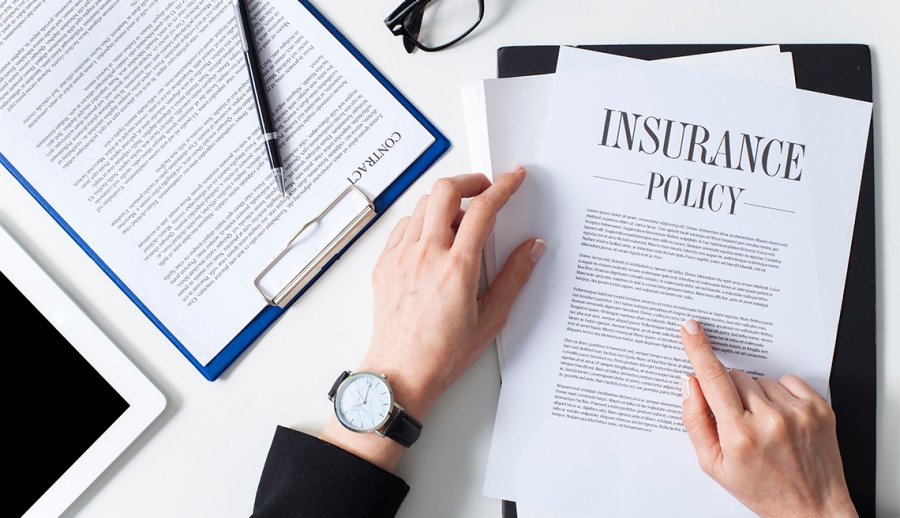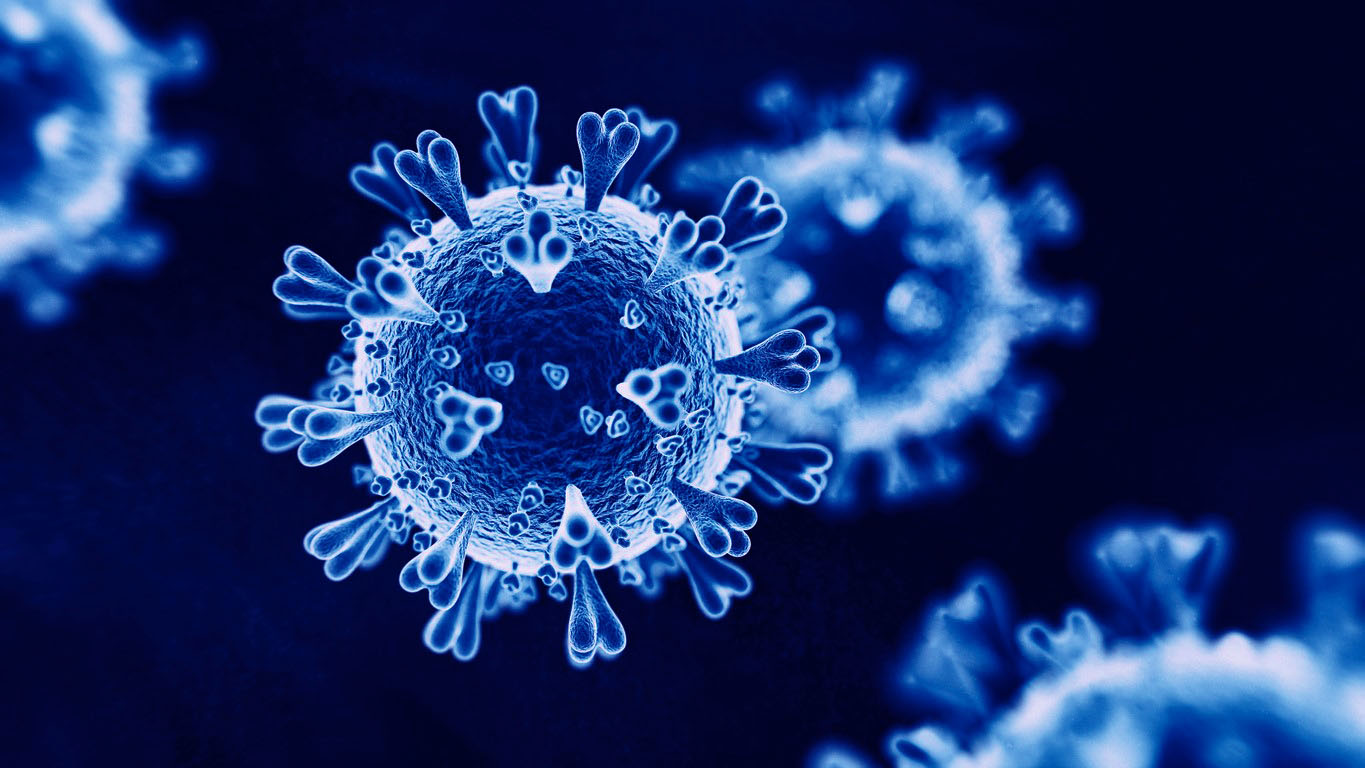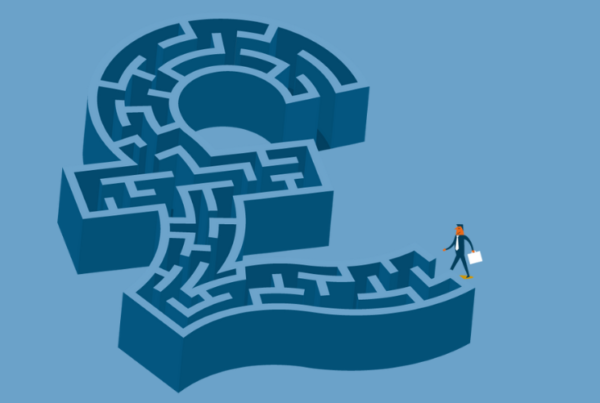When COVID put our lives on hold, there were many people concerned about what protection they had available for them and their families should the worst happen. Do insurers have COVID-19 covered or do we have the protection we may need? We are here to help by answering questions about the coronavirus pandemic and its impact on your insurance plans.
Coronavirus (COVID-19)
The Covid-19 coronavirus outbreak began in China and from March 2020, it has become a global pandemic. Although it now appears to be slowing in China, the spread of the disease is accelerating elsewhere, after Europe, the USA, South America, India, Indonesia current “epicentre”. Governments are reacting in ever more dramatic ways, closing borders, imposing lockdowns and travel restrictions, shutting schools and colleges, and banning mass gatherings such as sporting events.
As the impacts of the COVID-19 situation continue, individuals all over the world are dealing with their financial situation on personal level day-to-day, but they are also expecting insurance to help with financial anxiety in the future. So, in uncertain times, insurers are integrity and empathetic to support their customer. Insurance can protect against many of the financial impacts caused by the pandemic. But it is important to read the insurance policy to understand what losses are covered or any exclusion clause.

Limited coverage for non-life insurance
Most insurers learned the lessons from the SARS outbreak of 2003 and introduced exclusion clauses for communicable diseases and epidemics or pandemics into most non-life products such as business interruption and travel insurance.
Business interruption policies usually payout only if physical damage occurs to an organization’s assets or operations, so coronavirus related claims may not be covered. Travel insurance, meanwhile, may offer cover if a customer is diagnosed with the virus before or during their trip – but not for travel that is cancelled because of the pandemic, unless a customer has taken out premium `any cause’ cover, which very few have. But event cancellations insurance as some large events (but certainly not all) has policies that may cover them even for epidemics or pandemics.
Trade credit insurance and workers’ compensation claims are two potentially big areas to watch for non-life. Trade credit insurance, covering businesses against debts that cannot be paid by their customers or suppliers due to coronavirus impacts. Workers can ask claiming when they were not adequately protected by their employers against exposure to the virus brought about by their normal working duties. But both areas depend on the policies and how bad the pandemic becomes, the extent to which containment measures affect different kinds of businesses, and how long it lasts.
Confusion about health insurance plans
The claims on health insurance are hard to determine at a global level because it will be very different country by country. This is both because the number of actual cases and deaths could vary greatly between countries or regions and depend on the national social health insurance programs. In some countries, most healthcare is privately provided, while in others, such as Europe and Canada, there is much higher public provision. In Asia, the national health systems are often developing and there is much private health insurance coverage.
Regarding health insurance claims, the main concerns are COVID-19 testing, treatments and vaccines. Most countries are to enable rapid testing of individuals, particularly people in vulnerable populations such as the elderly. And it is free and provided by governments or the costs are being waived by healthcare providers or health insurers. The same with polymerase chain reaction (PCR) tests. Free treatment, however, is not universal and these costs can be substantial.
More than four-fifths of the world’s population will be vaccinated through the COVAX Mechanism – led by Gavi, the Vaccine Alliance. So far today, the government is providing vaccines free of charge to all their citizen, regardless of their immigration or health insurance status. COVID-19 vaccines are available for everyone at no cost.
The fact is that given the increasing situation of the epidemic and the medical burdens that many developed countries are facing, it is possible in the coming time, Covid polymerase chain reaction (PCR) tests, treatments and vaccines cost will be applied copays, coinsurance and deductibles for some of these services.
If you don’t have health insurance. You may be able to get it. Some health insurers sell short-term policies with low premiums, but these offer limited benefits. But in uncertain times, available always better than not.
Life Insurance plans – clearly but not really
There is no pandemic exclusion for life insurance and nothing has changed in the claims-paying process as a result of COVID-19 vaccinations also. Life insurance companies cannot change the terms of coverage for active policies. Your policy will cover you if you pass away due to COVID-19. But a few exceptions explain why an insurer might deny a claim for a coronavirus death.
The first one, a company can refuse to pay a claim if they find false or incomplete information on the application. Claims have been denied for reasons like not disclosing travel plans (like if someone travels to a high infection rate part of the world), lying about weight or income. So, when filling out an application, take your time, be truthful and ask questions if you do not understand what they are asking.
Secondly, policyholders did not pay the premiums in the period requirement, if they die before the policy is reinstated, their beneficiary usually will not receive a payout. If you are having trouble making payments, contact your insurance company before your premium is late. Otherwise, your insurance coverage will end until you apply for reinstatement and your insurer agrees. The procedures to qualify for reinstatement take a long time and you may face a higher risk.
The last one, you bought only an accidental death policy. Accidental death and dismemberment (AD&D), is designed to cover accidents. It doesn’t payout if the policyholder dies of illness or disease, includes death from COVID-19.
But the cash value in permanent life insurance may be tied due to market volatility. Variable life, whole life, and universal life insurance all have built-in cash value. Cash value will build up in your permanent life insurance policy by fixed interest based on insurance company calculations, current interest rates or performance of an investment in a mutual fund. Major exchanges around the world have experienced some of their worst falls in decades. The same with government bonds which the yields from these have fallen dramatically. In addition to this, central banks have been slashing interest rates. All of these factors can result in insolvency challenges in life insurance, especially in cash value amount valuation.
The bottom line
Clearly, with a challenging financial year by covid 19, you should prepare for the future to pass through the crisis and focus on the recovery. Regardless, you have had an insurance policy or have not yet, you should review policy documents carefully before buying or make claims, contact an insurance agent or broker for assistance if necessary.
Finally, stay safe!





